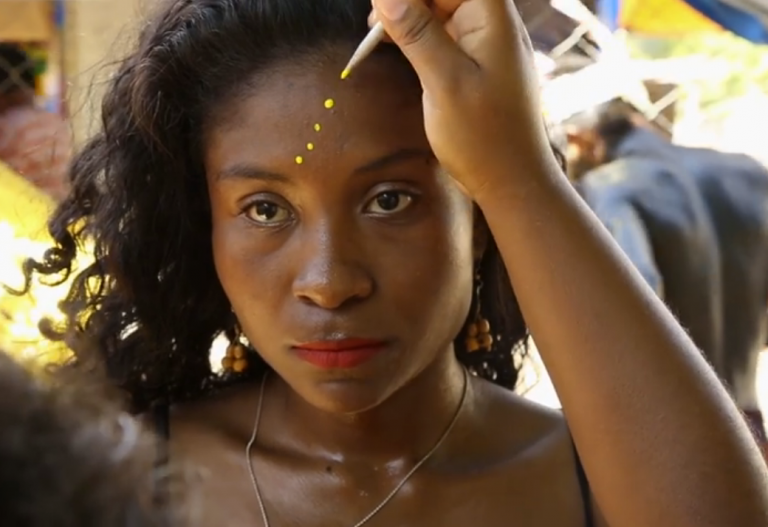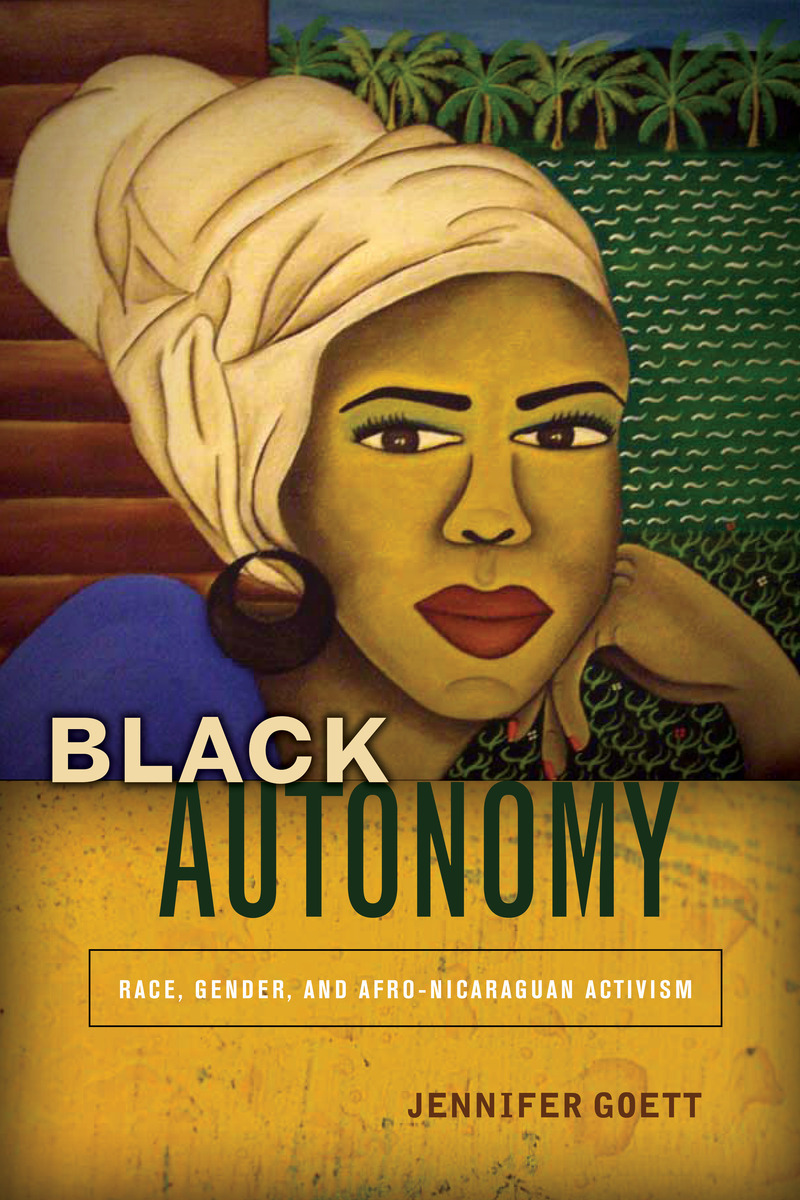Meet the Afro-Mexicans connecting to their African roots through dancePosted in Africa, Anthropology, Arts, Caribbean/Latin America, History, Media Archive, Mexico on 2017-01-16 00:11Z by Steven |
Meet the Afro-Mexicans connecting to their African roots through dance
Ventures Africa
2017-01-05
“Based on your culture, history, and traditions, do you consider yourself Black, meaning Afro-Mexican or Afro-descendant?” – MEXICO’S 2015 Intercensal Survey
The sound of Bata drums filled the air as girls, with printed scarfs tied around their waists and white or yellow dots painted on their faces, danced to the fervent rhythm, their feet and waists moving vigorously at the same time. As their left legs leave the floor, their right legs replace them, while their waists responding with a seesaw movement. This is an African dance performed by an Afro-Mexican group, the Obatala, for the purpose of connecting with their African roots. They live in the southern state of Oaxaca, Mexico and tour various regions of the state to create awareness with their energetic and beautiful dance.
“All the dances are from Africa’s northeastern region, we chose this area because after researching on the internet, we realised that that’s where the slaves that came from our town came from. Our dance troupe did the research and we learned those dances,” Anai Herrera, one of the lead dancers, said…
Read the entire article here.






